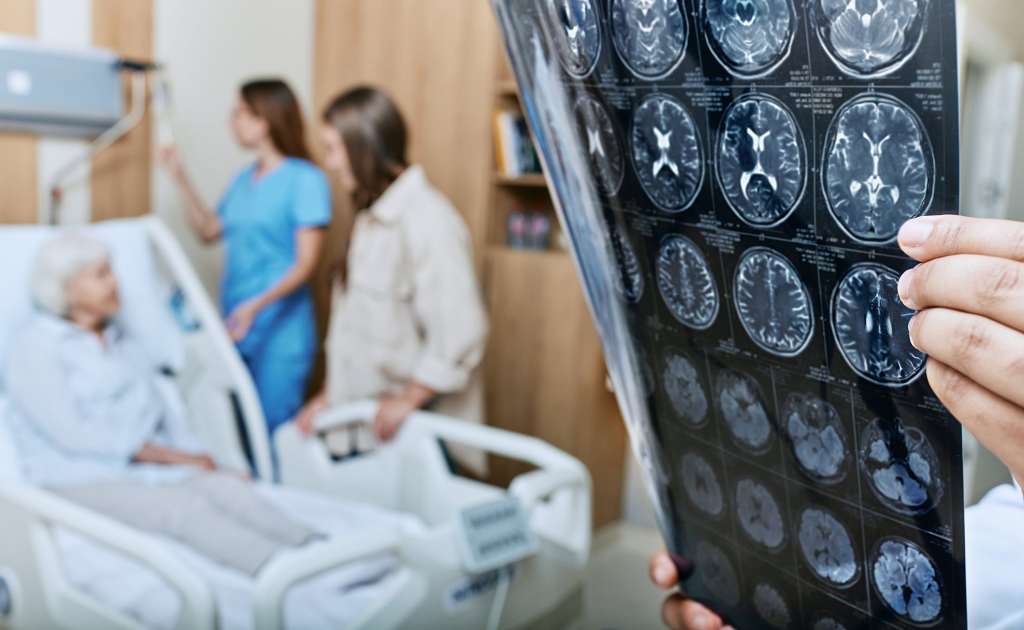The trauma centers at UAB St. Vincent’s provide critical care for adults and children with traumatic and life-threatening injuries. Our trauma specialists work quickly to stabilize, diagnose, and treat your condition, and they use the most advanced equipment when surgery is needed.
Trauma centers draw upon the expertise of a multispecialty team that may include:
- Trauma surgeons
- Neurosurgeons
- Orthopaedic surgeons
- Radiologists
- Anesthesiologists
- Cardiologists
- Ophthalmologists
- Plastic surgeons
Emergency room vs. trauma center
The emergency rooms at UAB St. Vincent’s provide 24/7 emergency care for severe or life-threatening conditions and injuries, such as severe abdominal pain, heart attack, stroke, severe allergic reaction, severe skin infection, and loss of consciousness. If needed, we connect you to follow-up care with specialists in areas such as heart care, orthopaedics, and women’s health.
Trauma centers, on the other hand, are hospitals specifically designated for treating life-threatening injuries that require more critical care. Patients may enter our trauma center through the emergency room, and they may receive care in other areas in the hospital, including the operating room, intensive care unit (ICU), radiology suite, and more.
Conditions treated
The UAB St. Vincent’s trauma centers are certified by the American College of Surgeons and/or the state of Alabama to ensure that they are equipped to stabilize, diagnose, and treat severe injuries such as:
- Blunt force trauma
- Major penetrating trauma, including gunshots and piercing wounds
- Motor vehicle crashes
- Multiple severe fractures
- Severe burns
- Severe falls
- Spine injury
- Traumatic brain injury (TBI)
Pediatric trauma care for children and teens
The pediatric trauma centers at UAB St. Vincent’s are equipped to diagnose and treat complex traumatic injuries among infants, children, and teens. In addition to the specialists listed above, your child’s trauma care team may include pediatric surgeons, certified child life specialists, social workers, injury prevention specialists, and other experts. They work together to provide comprehensive trauma care and follow-up care, including imaging, pharmacy services, and pediatric rehabilitation.
Injury and violence prevention
Trauma centers provide public health education and injury prevention programs in their communities. They partner with local organizations to provide leadership, resources, and effective efforts based on the specific needs of their communities. Our trauma care teams offer classes and safety guidelines focusing on:
- Alcohol and substance use
- Drivers and pedestrians
- Drowning/water safety
- Falls (especially for older adults and small children)
- Fire/burn safety
- Medications
- Poisoning
- Toy hazards
- Violence (from firearms, blunt objects, or other weapons)
If you are experiencing a life-threatening emergency, go immediately to the nearest ER or dial 911. Signs or symptoms of an acute emergency may include:
- Chest pain
- Loss of consciousness or fainting
- Open fracture
- Severe abdominal pain
- Severe bleeding
- Shortness of breath
- Weakness or numbness on one side
Recent News
View All News


